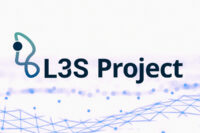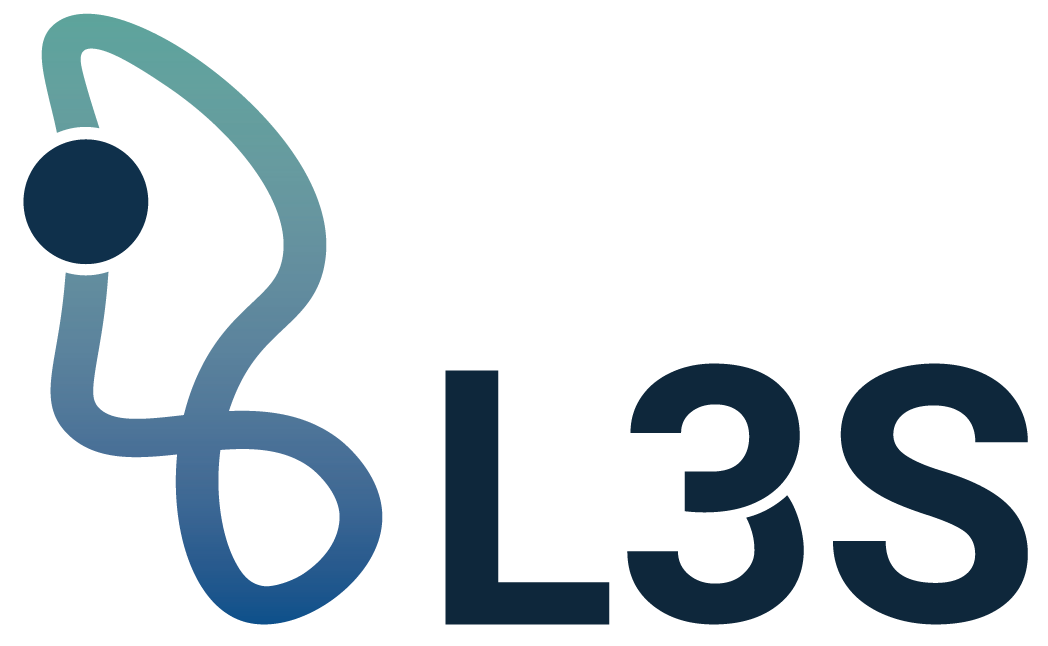Seit September 2008 ist Bodo Rosenhahn ordentlicher Professor an der Leibniz Universität Hannover, Leiter einer Gruppe für automatische Bildinterpretation am Institut für Informationsverarbeitung.
Forschungsschwerpunkte
- Computer Vision
- Maschinelles Lernen
- Big Data Analysis
Publikationen
Für eine Liste der Veröffentlichungen von Bodo Rosenhahn, besuchen Sie bitte seine Google Scholar-Seite.
Bodo Rosenhahn studierte Informatik (Nebenfach Medizin) an der Universität Kiel. In den Jahren 1999 und 2003 erhielt er die Dipl.-Inf. und Dr.-Ing. der Universität Kiel. Von 10/2003 bis 10/2005 arbeitete er als Postdoc an der University of Auckland (Neuseeland), gefördert durch ein Stipendium der Deutschen Forschungsgemeinschaft (DFG). Von 11/2005-08/2008 arbeitete er als Senior Researcher am Max-Planck Institut für Informatik in Saarbrücken. Seit 09/2008 ist er ordentlicher Professor an der Leibniz Universität Hannover und leitet dort eine Arbeitsgruppe zur automatischen Bildinterpretation.
Laufende Projekte am L3S

XTREME

Multi-armed bandits for the recommender system for returns reduction




